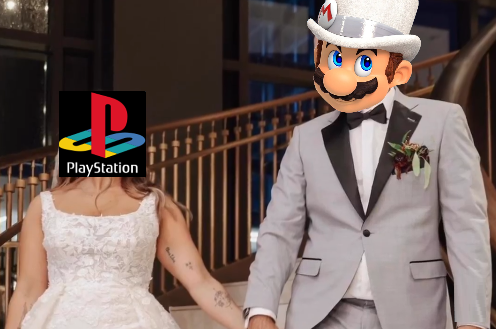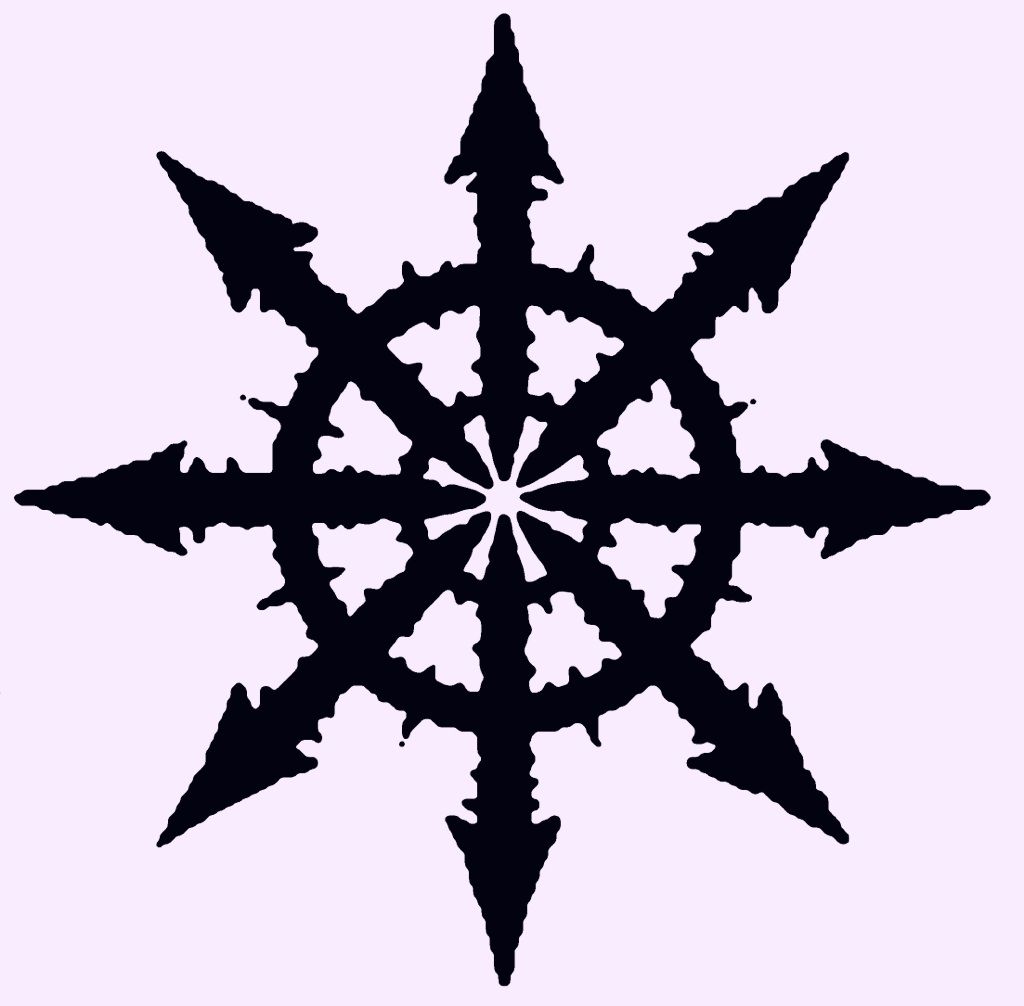Former Sony president says Nintendo "left us standing at the altar" with SNES add-on, wooed Square with whiskey to get FF VII off N64
The birth of PlayStation
Nintendo is one of the most successful, if not the most successful company in the game industry. They singlehandedly revived the gaming after the Atari crash, brought in tons of innovation and industry standards, and continue to see incredible momentum today. Without a doubt, Nintendo has cemented their place in gaming for all-time.
While Nintendo has had huge hits in their run, they’ve also made big mistakes. The Wii U failed to find an audience and the Virtual Boy did even worse, but those might not be Nintendo’s biggest falters. That crown could very well go to Nintendo’s decision during the 16-bit days that directly paved the way for Sony.
Most Nintendo fans know that Nintendo and Sony were extremely close to working together on a SNES add-on that would allow the hardware to use CDs for gaming. Nintendo got cold feet at the last minute and dipped, which started Sony down the path of releasing the PlayStation. In an interview with Eurogamer, former Chairman of SIE Worldwide Studios, President and CEO of Sony Interactive Entertainment America (SIEA), and executive vice president and COO of Sony Network Entertainment International (SNEI) Shawn Layden opened up about that series of events.
Obviously, we were going to build - or rather, we built - an optical drive peripheral for the Super Nintendo Entertainment System. Nintendo realised cartridges had already maxed out their memory footprints and so we - or rather, Ken Kutaragi - created the compact disc technology to support the SNES. And we were just about ready. I think it was at CES [Computer Entertainment Show] 1993, we were going to announce the partnership. And Nintendo left us standing at the altar, after they did a pivot at the last minute and went with Philips.
So there was Ken, proverbially standing at the altar with his optical disc drive in his hands. And, indignant, he went back to the leadership at Sony at the time and said: ‘All I need is an OS and some more connecting tissue for this thing, and we can build our own game machine’.
We moved out of Sony’s headquarters to a place in Aoyama, which is about 20 miles away but more in the entertainment district of Tokyo, because they felt that was important to the DNA of the company - and that was probably the best decision the company made.
That one sidestep from Nintendo created massive waves in the game industry that are still crashing to this day. Nintendo felt the impact of their decision almost immediately, as it caused them to miss out on multiple Final Fantasy games for years to come, with PlayStation becoming the de facto home for the franchise.
In another comment from Layden, we hear details on just how Sony convinced then Squaresoft to jump ship with Final Fantasy to the PlayStation side of things.
When they (Sony) decided they were getting into the game business, they knew they had the technology, the engineers. But they said ‘let’s be honest, we sell electronics’. Sony knew that without entertainment DNA, we would not be successful.
They’d look at the Nikkei paper for 45 minutes, drink a cup of tea, and then go: ‘alright, lunch’. So the initial stage was made a joint venture between Sony Electronics and Sony Music. Half the company was from the music side and, well, you could see it on the shop floor at 8am. All the hardware engineers were at their desks wearing their Sony vests, working on their engineering thing. And then around 10 through 11am, all the Sony Music guys would come in - hungover, sunglasses, cigarettes hanging out their mouths. They’d look at the Nikkei paper for 45 minutes, drink a cup of tea, and then go: ‘alright, lunch’. They’d all stand up. They’d all leave.
We wouldn’t see them again for the rest of the day, because Sony Music populated sales, marketing, advertising, publisher relations. So those were the guys who would go out with the people at Square and ply them with whiskey until the wee hours of the morning to finally get Final Fantasy 7 off of Nintendo and onto PlayStation. When that announcement was made, that was really the ‘oh my god’ moment. ‘Sony’s really serious about this now.’ And that’s down to the music guys, the doggedness of just trying to get a deal over the line. They were amazing.
Add Comment

hawk
8h agoThis story is always so different depending on which side tells it. It's like a Northerner and Southerner explaining the Civil War. But no matter what, it makes me wonder what the game industry would be like if Nintendo and Sony had partnered after all.
I agree a lot on this. It's a "my daddy is stronger than your daddy" kind of argument where we'll never find out. It's a bit childish (instead of civil war I would use the woke vs anti-woke though angle though). But it is what it is.
I still think they both were being dicks and eventually just tore themselves apart and the rest is history.
And I have also played the "what if?" game in my head ever since. What if the N64 would have a disc drive, for example? What would have happened with SEGA and would Xbox even be a thing?
Want a huge what if? What PS and Ninty made up and joined forces now? All those exclusive IPs, a powerhouse console that could dock a fancy handheld and boost the visuals, sound etc?
But hey! That's way too afr fetched. MAybe Astro in a Smash Bros game some day... or not.

vinlauria
7h agoShouldn't have demanded all of Nintendo's royalties and IP rights for making it, then. Sony was practically trying to absorb Nintendo with that deal.


Comments (3)